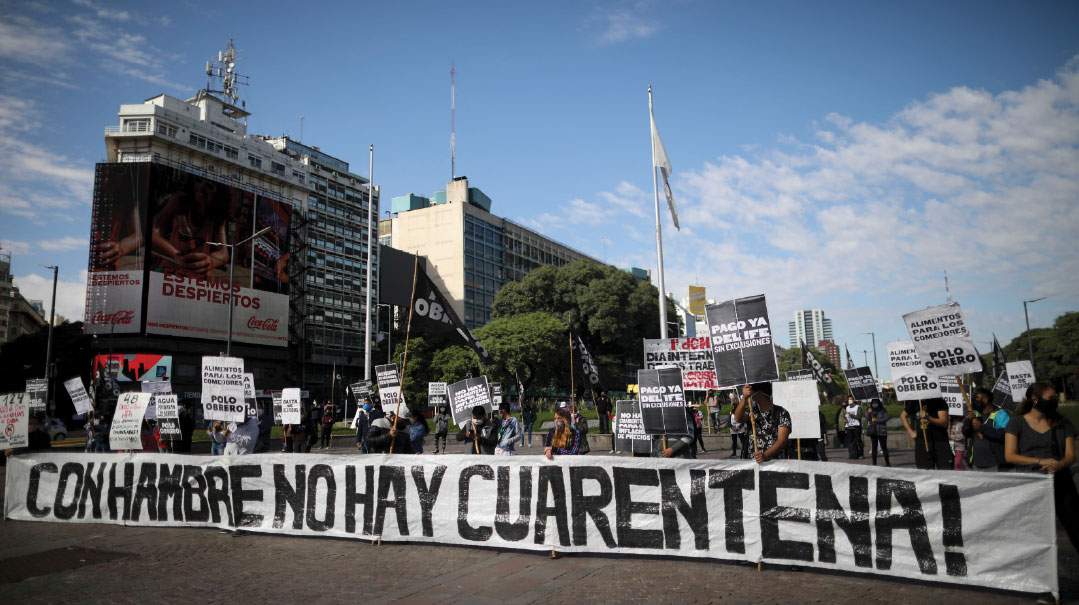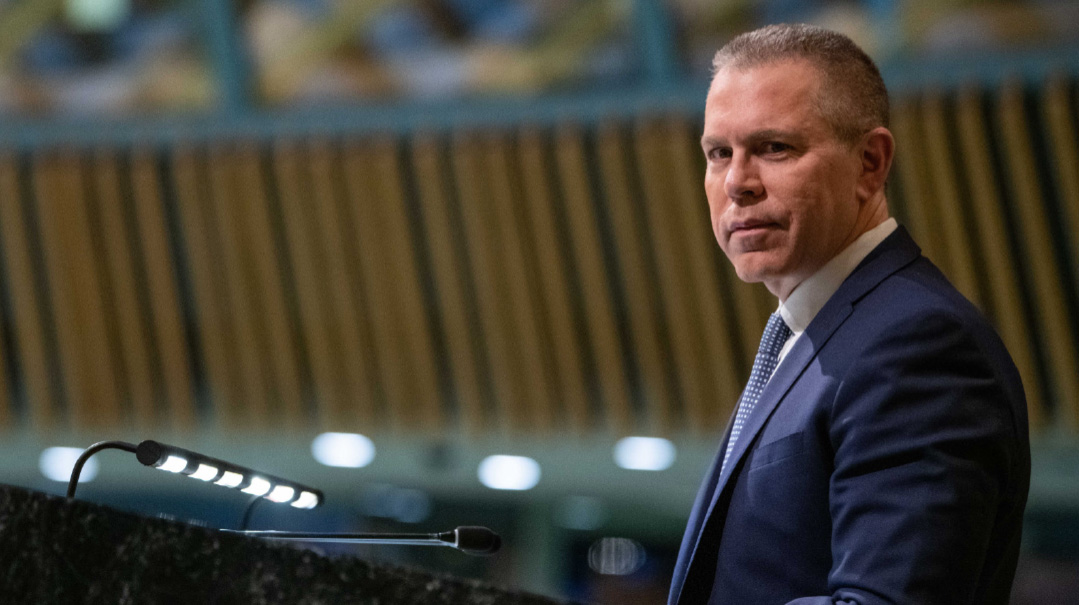In South America, Bracing for the Worst

In South America, winter is coming, and the worst may be yet to come

Photo: AP Images
While the United States, Europe, and Israel are in their way to recovering from the COVID-19 pandemic, in South America, the winter is coming, and the worst may be yet to come.
“The virus itself will remain the same, but with the winter, the risk of contagion in the region increases,” explained Walter Cucuff, a physician practicing in Buenos Aires. “Every winter we have patients with respiratory complications, and we all know that the COVID-19 complicates those symptoms.”
Dr. Cucuff said he supports a strict quarantine for the next few weeks, but understands that political and economic pressure might prevent such a move.
Almost every country in the region has adopted prohibitions regarding large gatherings like weddings and circumcisions, which has forced the Jewish community to adapt.
“According to the doctors we consult, the peak will arrive in another two or three weeks,” said Rabbi Chaim Waissbluth, of Aish HaTorah in Chile. “So everything is absolutely closed. We don’t have gatherings of any kind. Weddings are canceled and the [circumcisions] are done only with the mohel and the parents.” C
Chile, a country with about 19 million people, has reported 237,000 COVID-19 cases and 4,295 deaths.
In Argentina, Rabbi Daniel Mohadeb, rosh yeshivah of Jazón Iejezkel in Argentina, said yeshivos and kollelim have not opened since Purim. “We are also not allowed to participate in levayot and there are no shivot, Rachmana litzlan,” he said.
In Buenos Aires, pictures of an unsanctioned Jewish wedding reached the national press and caused great embarrassment for the community. Since then, members of the kehillah have been especially cautious. Argentina, a country with about 45 million people, has reported 41,190 coronavirus cases and 992 deaths. Like elsewhere, Jewish schoolchildren in Argentina are attending classes via telephone.
Brazil, the largest country in the region, has taken a more relaxed approach to the virus. Small minyanim of about 12 people have been permitted, said Rabbi Alberto Cohen of the Beit Yaacov kehillah. “We also organized minyanim via Zoom that, even though is not halachically ideal, allows people to daven at fixed times.”
Cohen said the Brazilian Jewish community has not been seriously affected by the pandemic, but the country at large has been devastated. To this point, Brazil has seen more than one million cases and over 50,000 deaths.
Everyone expressed hope that the situation will return to normal before the Yamim Noraim. But just in case, community leaders have started to train rabbis to lead services, in the event that a great number of smaller minyanim will be needed.
(Originally featured in Mishpacha, Issue 816)
Oops! We could not locate your form.













